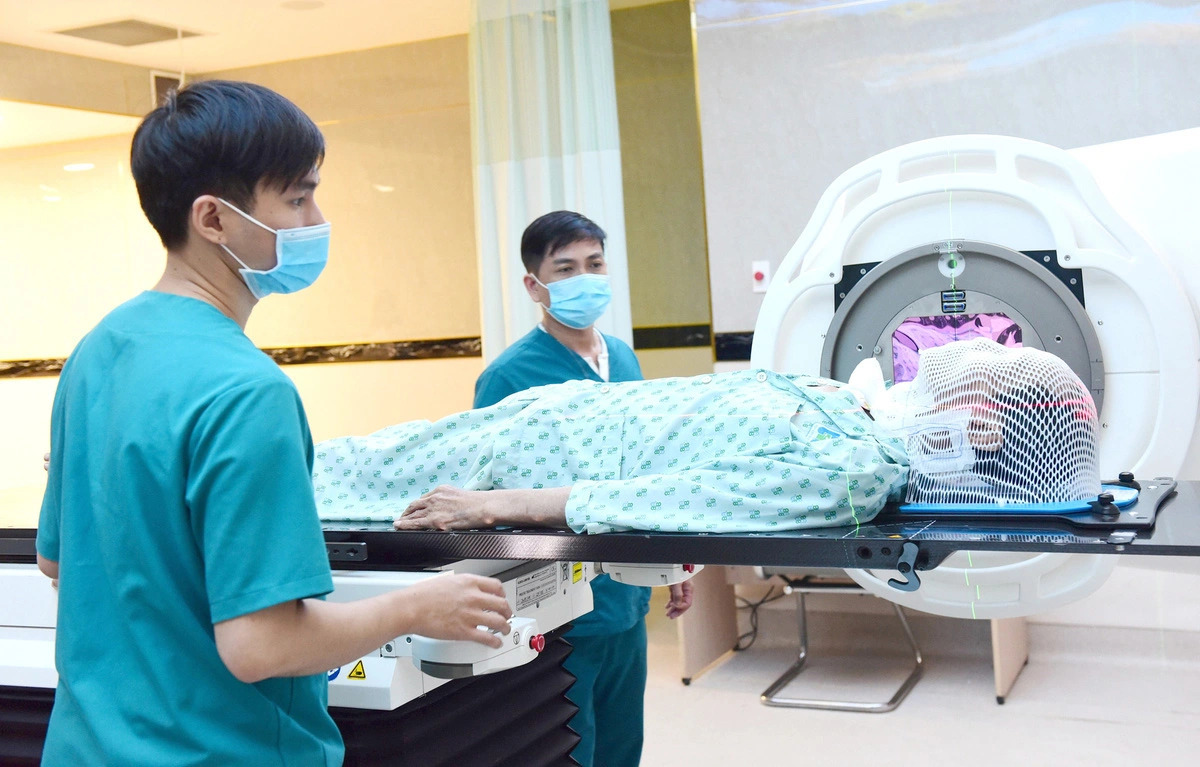Ho Chi Minh City will work to raise the life expectancy of its residents to 77 years by 2030, with a healthy lifespan of at least 68 years, as part of a scheme recently approved by the municipal administration to transform the local healthcare system into a regional health hub for ASEAN by 2030 and beyond.
This scheme is expected to bring significant socio-economic benefits, while improving public health, longevity, and quality of life for locals.
The plan is meant to boost medical tourism, strengthen healthcare in southern provinces, and reduce strain on major hospitals in the city.
By 2030, the city targets a healthcare workforce density of 23 doctors and 40 nurses per 10,000 residents, along with 42 hospital beds per 10,000 people and a fertility rate of 1.6.
Every resident will be eligible for an annual health check-up and disease screening, with electronic health records accessible to all.
The city also encourages the growth of private healthcare and plans to enhance the preventive health system, establishing regional disease control centers in partnership with the Pasteur Institute.
The scheme highlighted the importance of advanced and tech-driven healthcare, with three specialized healthcare clusters set to be developed in the city center, Tan Kien Commune in the outlying district of Binh Chanh, and Thu Duc City -- an administrative district under Ho Chi Minh City.
The southern hub will build new general hospitals and those specializing in orthopedics, mental health, and infectious diseases, along with additional campuses for overcrowded facilities and a hi-tech diagnostic and screening center.
More investments in digital infrastructure will be made to drive digital transformation so as to develop a smart healthcare system.
Moreover, the city will focus on training high-quality healthcare professionals; building a specialized health and pharmaceutical industrial zone; developing specialized medical techniques to address prevalent diseases and healthcare needs; and diversifying healthcare services to meet citizens' various needs.
Currently, the city hosts 131 hospitals, five bedless medical centers, 310 health facilities at grassroots levels, over 8,000 private clinics, and more than 10,000 pharmaceutical businesses.
The city’s out-of-hospital emergency care system comprises the 115 Emergency Center and 42 satellite stations.
Although efforts have been made to improve the healthcare system, the city has only 42 hospital beds per 10,000 inhabitants, far behind countries like Japan with 131 beds, Germany with 82, and South Korea with 71.
Like us on Facebook or follow us on X to get the latest news about Vietnam!





















































